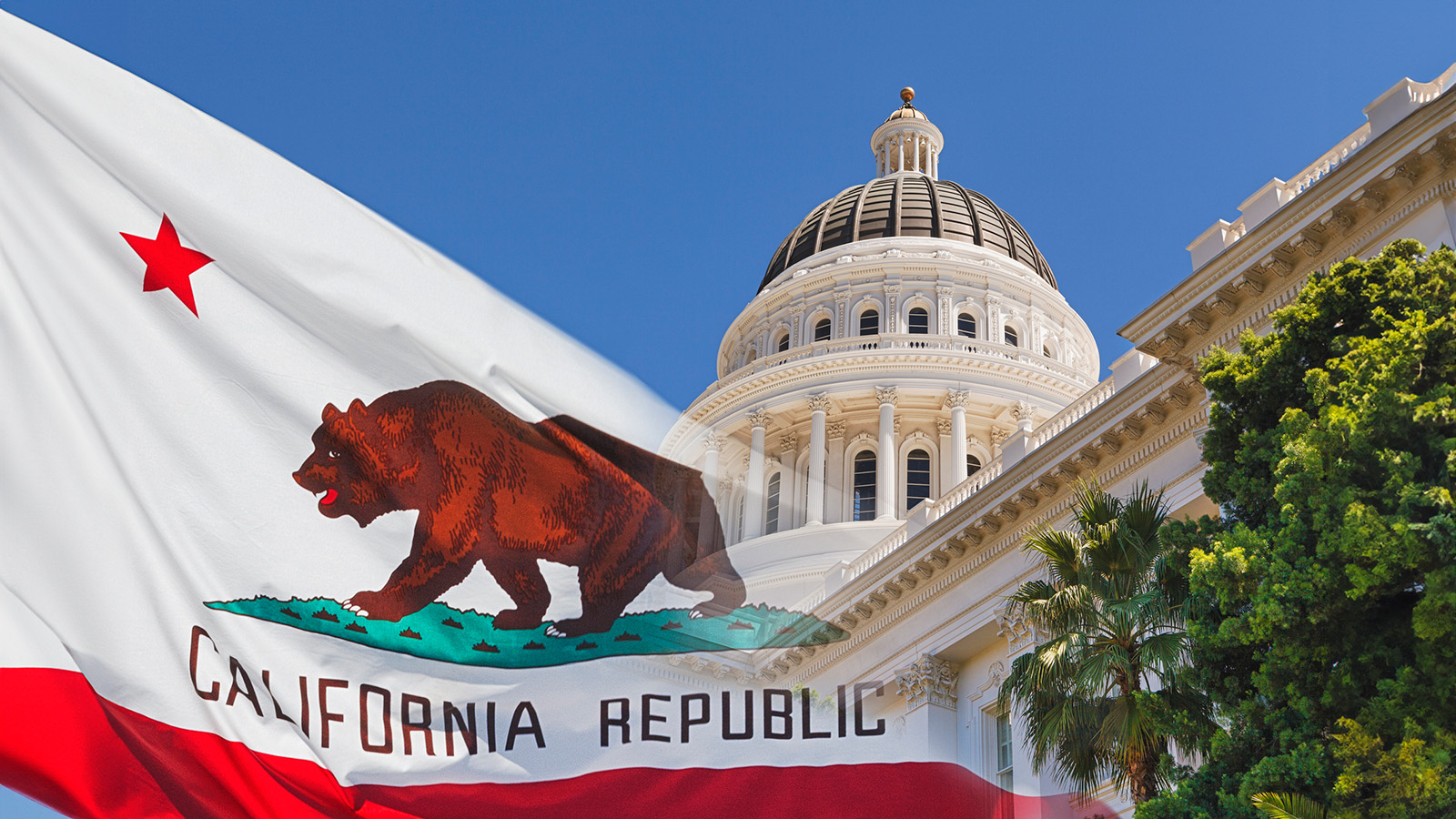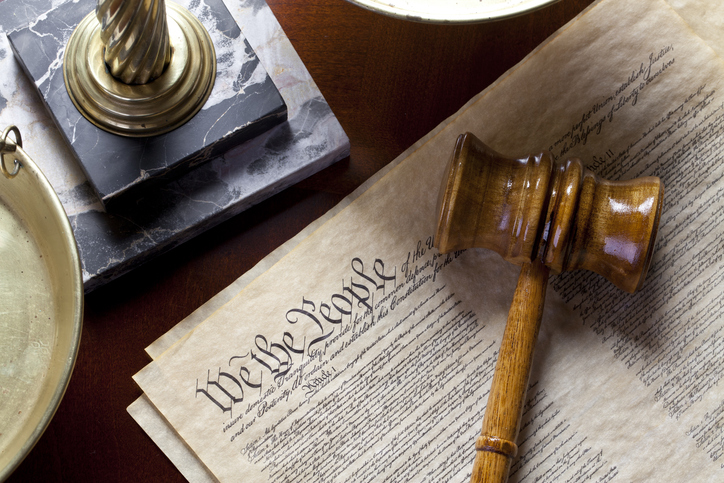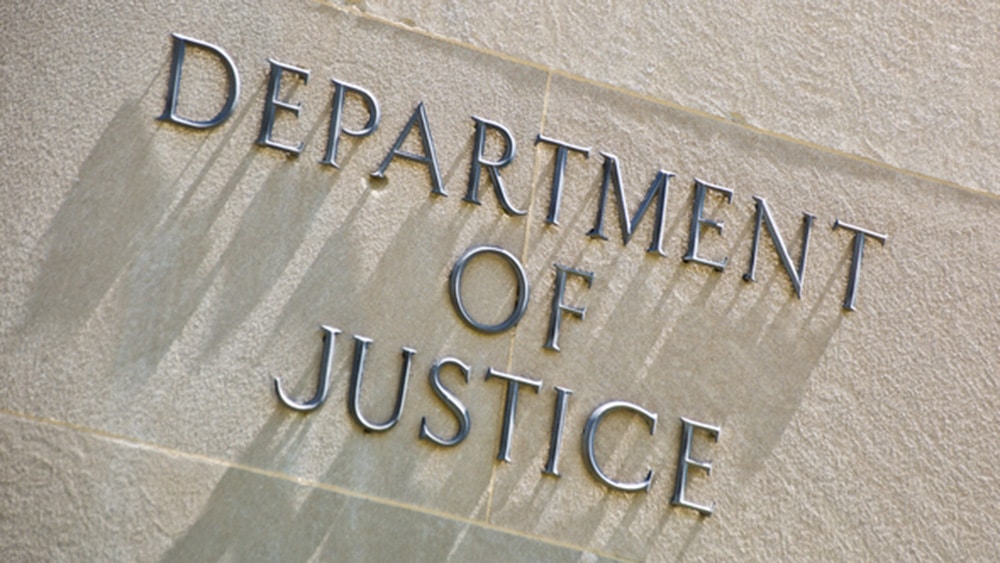May 9, 2025

This information is provided for educational purposes only by Kohn, Kohn & Colapinto and does not constitute legal advice. No attorney-client relationship is created by accessing this content. Laws and regulations may change, and this material may not reflect the most current legal developments. If you believe you have a whistleblower claim, consult a qualified attorney to discuss your specific circumstances.
The California False Claims Act (CFCA) is unlike any other state False Claims Act law.
Inspired by the federal False Claims Act, California enacted its own version in 1987. It empowers whistleblowers to work with the government to fight fraud, waste, and abuse, prohibiting false claims submitted to obtain money, property, or state benefits.
This legislation strengthens financial safeguards by enabling individuals to report fraud and hold wrongdoers accountable, which helps protect California’s finances against dishonest practices
Some anonymized examples of fraudulent claims might include:
- A healthcare provider submits false claims for medically unnecessary services, violating the CFCA’s prohibition on false claims.
- A contractor engaged in a government contract uses deceptive tactics to win the bid, potentially constituting a false statement under the CFCA.
- A company intentionally fails to report and pay hazardous waste disposal fees, exemplifying the CFCA’s role in preventing the avoidance of payments owed to the state.
These are just a few examples. Continue reading to learn more about the CFCA and what you can do to report violations against it. You may be eligible for an award between 15% and 33% of the amount recovered by the State of California, as well as protection against retaliation.
The California False Claims Act (CFCA)
California was one of the first states to enact their own False Claims Act (1987). Thus, it has a well-established legal framework with clear guidance for both whistleblowers and potential defendants. The CFCA was originally created to deter fraud in government contracts, but it’s legal breadth now applies to a wide range of false claims, including false statements for money or property, evading payments, and failure to report inadvertent errors.
In specific, the CFCA makes it illegal to knowingly engage in the following:
- Present or cause to be presented to the government a false claim for payment or approval;
- Make, use, or cause to be made or used a false record or statement to get a false claim paid or approved by the government;
- Conspire to defraud the government by getting a false claim allowed or paid;
- Deliver or cause to be delivered less public property or money than reflected on a receipt or certificate;
- Make or deliver a receipt by an authorized person that falsely represents the property to be used by the government;
- Buy or receive a pledge of public property from any person who may not lawfully sell or pledge it;
- Make, use, or cause to be made or used a false record or statement to conceal, avoid, or decrease an obligation to pay or transmit money or property to the government (also known as a reverse false claim); or
- Be the beneficiary of an inadvertent false claim who discovers its falsity and fails to disclose it to the government within a reasonable time.
In the CFCA, “knowingly” isn’t just about basic awareness. It can include directly knowing the information is false, deliberately avoiding the truth, or acting with reckless disregard for its accuracy. The CFCA doesn’t require evil intent, just a serious lapse in attention to the truthfulness of the claim.
Key Amendments
The CFCA is a living document that adapts to new fraudulent schemes. Over time, amendments have been made to address evolving tactics employed by those seeking to exploit the system.
- 1990s: Amendments broaden the CFCA’s scope to encompass false claims related to benefits and programs funded by the state, not just contracts.
- 2002: Significant revisions strengthen whistleblower protections and increase potential awards for successful qui tam lawsuits.
- 2004: Amendments clarify the definition of “materiality” in false statements, ensuring even minor misrepresentations can be prosecuted if they influence the government’s decision.
- 2007: Further revisions enhance the ability of the California Attorney General’s Office to investigate and prosecute CFCA violations.
- 2009: Penalties are increased to align with the federal False Claims Act, making violations more financially deterrent.
The CFCA reaches beyond defrauding the state itself. It encompasses any false claim where California or local government entities, including cities, counties, and special districts, contribute funding.
This broad scope empowers whistleblowers to expose fraud perpetrated against a wide range of public institutions, potentially making the CFCA one of the most powerful whistleblower protection laws in the nation.
Penalties for CFCA Violations
Under the CFCA, a defendant may be liable for up to three times the actual harm sustained by the state due to the defendant’s conduct. They can also be assessed a fine between $5,500 and $11,000 for each violation of the CFCA they commit.
California Qui Tam Awards
By filing a qui tam lawsuit, whistleblowers (also known as relators) who report false claims against the State of California can earn a share of the recovered funds. The qui tam provision of the CFCA may provide an award betwee 15% and 33% of the amount recovered by the government.
In cases in which the state does not proceed with an action, a whistleblower may be eligible to receive between 25% and 50% of the proceeds of the action or settlement. These amounts depend on many factors, including the significance of the information, and the role of the qui tam plaintiff in advancing the case.
Additional amounts may also includes reasonable expenses, costs, attorney’s fees, and other damages, which are to paid by the defendant.
Confidentiality and Protection Against Retaliation
Although there are no provisions for filing anonymously, the CFCA safeguards the confidentiality of whistleblowers whenever possible – especially during an investigation. However, there are some occasions when an identity is leaked, and then retaliated against.
In those circumstances, under the CFCA, whistleblowers are protected against retaliation. The Act safeguards any individual from workplace retaliation, including harassment, termination, demotion, or any other repercussion stemming from reporting CFCA violations.
Filing a Complaint? Seek Legal Help
The CFCA discourages frivolous lawsuits by requiring whistleblowers to file under oath and potentially face penalties for knowingly submitting false claims. If you have knowledge of a potential CFCA violation, several avenues are available to file a complaint.
- You can contact the California Attorney General’s Office False Claims Unit
- Contact a local district attorney’s office with a False Claims Act unit, or
- Contact an attorney specializing in qui tam lawsuits to guide you through the process
Given the complexity of CFCA cases, we suggest reaching out to an attorney. The CFCA, while aiming to be accessible, involves intricacies in areas like evidence gathering, legal procedures, and damage calculations.
An attorney can also advise you on your rights when it comes to retaliation, help you build a stronger case, handle government interactions, and negotiate settlements. And if the case goes to trial, having an experienced lawyer on your side is invaluable.
Overall, a whistleblower attorney can be a powerful asset in a CFCA case. Their expertise can significantly increase your chances of success and maximize rewards while protecting your rights throughout the process.
Notable CFCA Cases
California County Health System Settles False Claims Allegations for $70.7 Million (2022)
Four California healthcare entities, including Gold Coast Health Plan (a county-organized system), Ventura County, Dignity Health, and Clinicas Del Camino Real, have reached a combined settlement of $70.7 million to resolve allegations of submitting false claims to the state’s Medicaid program. The claims involve the “Adult Expansion” population covered under the Affordable Care Act. The United States government contended that the payments made by these entities were not legitimate medical expenses as defined by Gold Coast’s contract, represented predetermined amounts exceeding fair market value, duplicated services already required, and constituted unlawful gifts of public funds in violation of California’s state constitution.
LA Doctor to Pay $9.5 Million to Resolve Allegations of Fraud Against Medicare and Medi-Cal (2022)
Los Angeles physician Dr. Minas Kochumian has resolved allegations of healthcare fraud by paying $9.5 million. The settlement stems from accusations that Dr. Kochumian submitted false claims to Medicare and Medi-Cal for procedures and tests never performed on patients. These procedures included injections for common ailments like osteoarthritis and osteoporosis, draining cysts, and removing various growths.
Largest in California History!
Tenet Healthcare Corporation to Pay U.S. more than $900 Million to Resolve False Claims Act Allegations (2006)
In 2006, Tenet Healthcare Corporation, a major US hospital chain, settled a sweeping fraud case with the Department of Justice (DOJ). The allegations centered on manipulating Medicare and Medicaid reimbursements through several tactics. The government claimed Tenet inflated “outlier payments” by manipulating diagnosis codes, offered kickbacks to doctors for patient referrals (violating the Stark Law), and potentially engaged in “upcoding” by assigning inaccurate diagnoses for higher reimbursement. To resolve these issues, Tenet agreed to pay over $900 million, including sums specifically designated for addressing kickbacks and upcoding practices. Notably, this case involved violations occurring even while Tenet was under a Corporate Integrity Agreement (CIA) with the government, highlighting the importance of robust compliance efforts in the healthcare industry.
Our Firm’s Cases
Relevant FAQs
Latest News & Insights
January 16, 2025





